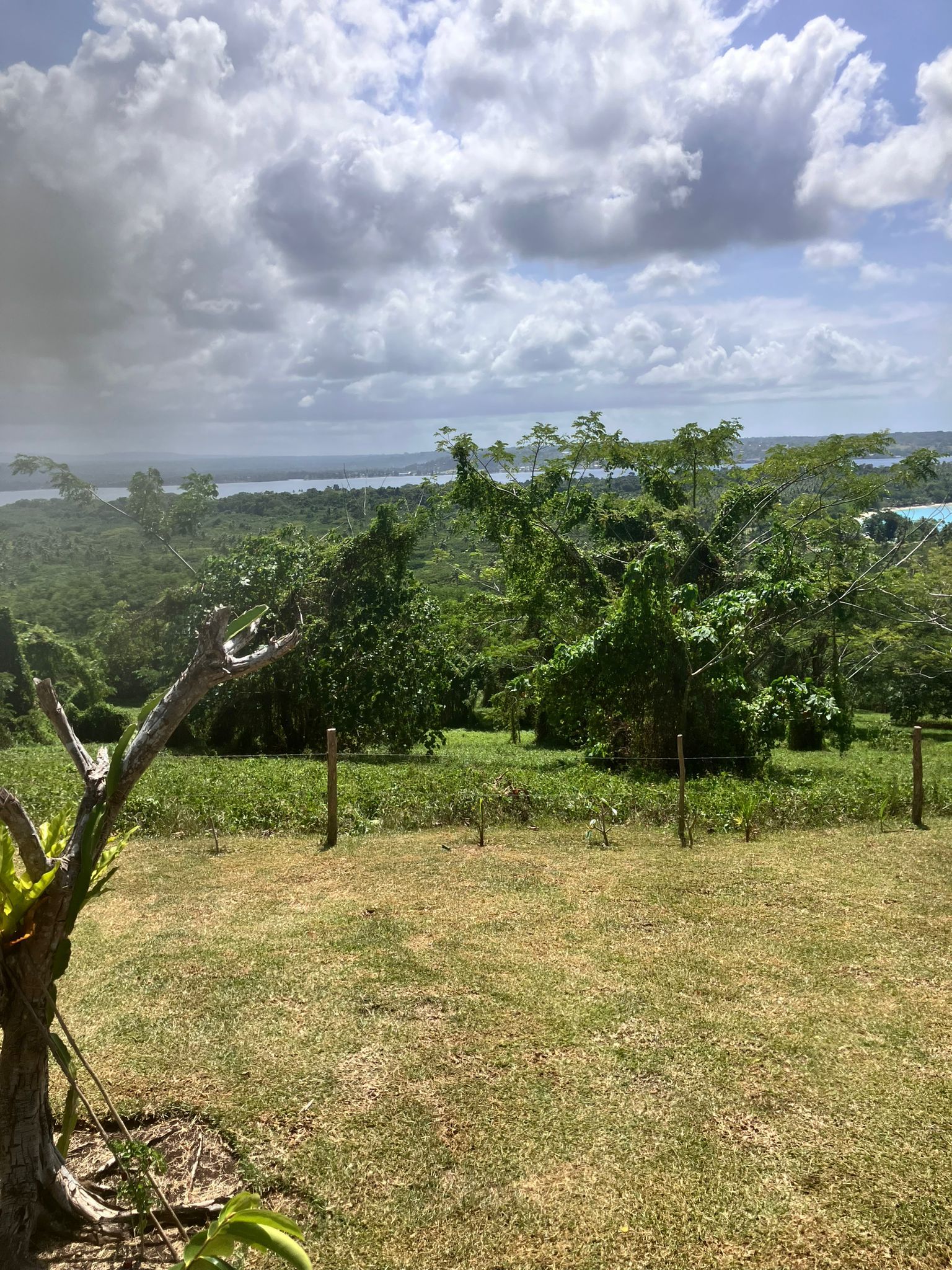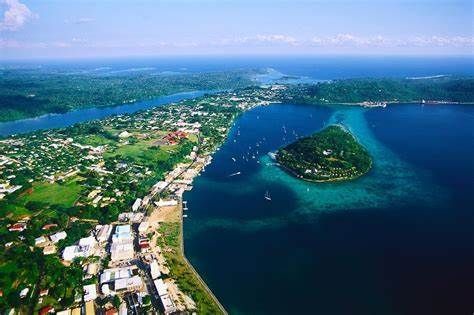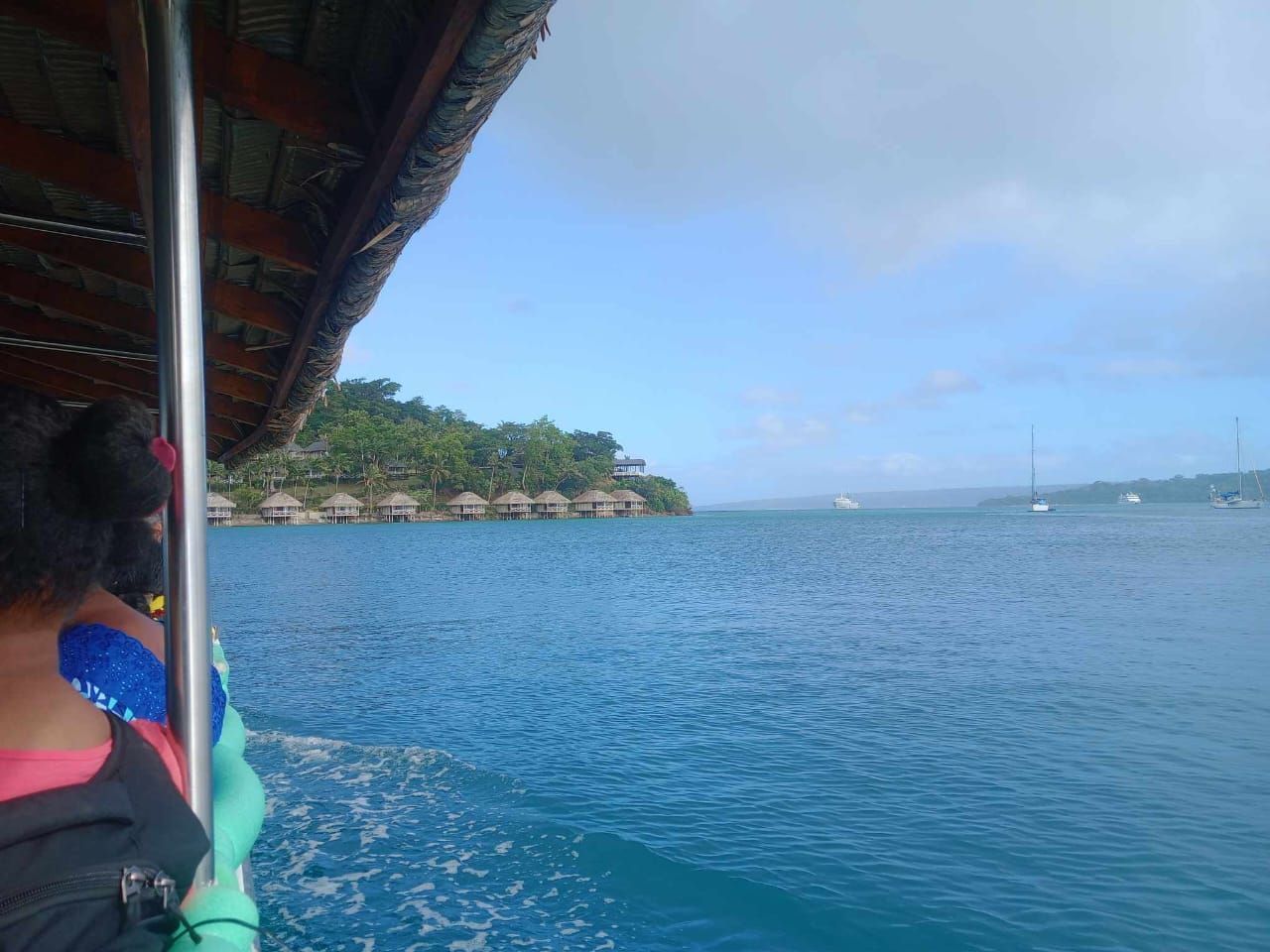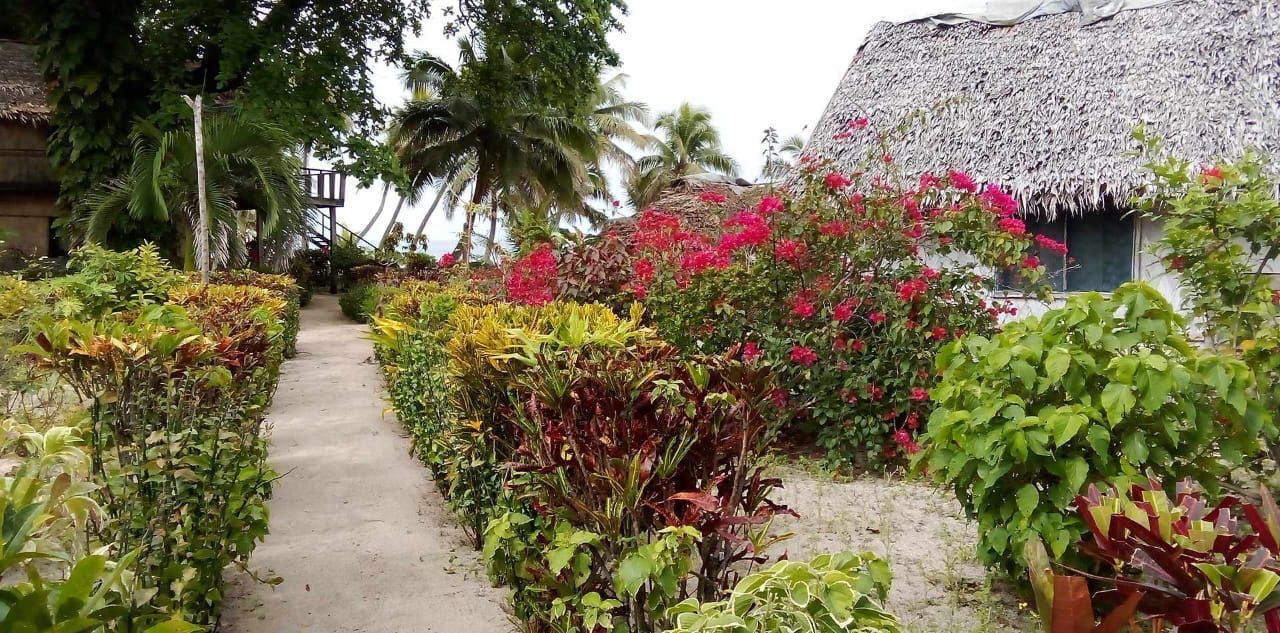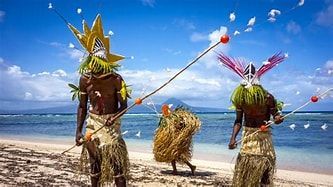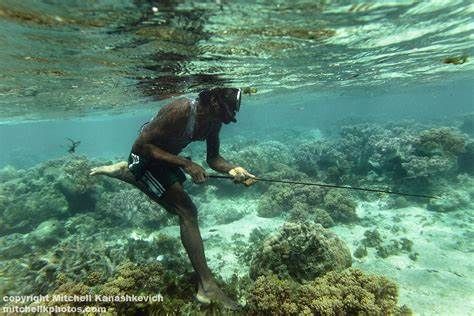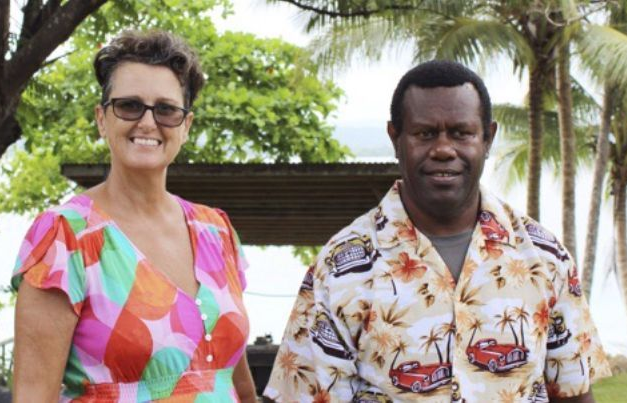"Navigating the Legal Landscape: A Comprehensive Guide to Import and Export Regulations in Vanuatu"
Understanding the Import/Export Regulations in Vanuatu
Vanuatu, an archipelago nation in the South Pacific, is renowned for its stunning landscapes, vibrant culture, and, increasingly, its potential as a trading hub. As the country integrates into the global economy, understanding the import and export regulations becomes crucial for businesses and entrepreneurs looking to navigate this emerging market. This blog post aims to provide an overview of the key regulations and processes that govern international trade in Vanuatu.
The Regulatory Framework
Vanuatu's import and export regulations are primarily overseen by the Vanuatu Customs and Inland Revenue Authority (VCIRA), which administers customs laws and processes. The legal framework is established by the following key legislations:
- Customs Act: This outlines the rules for the movement of goods into and out of the country. It provides detail on customs duties, import tariffs, and excise taxes.
- Import Duties (Tariff) Act: This act specifies the types of goods subject to tariffs and outlines the rates of duty applicable to various categories of imports.
- Trade Licenses: Before commencing trade activities, companies must apply for trade licenses, which are regulated by the Department of Trade, Commerce and Industry.
- Health and Safety Regulations: Importers of food products, pharmaceuticals, and other regulated goods must comply with health regulations administered by agencies like the Ministry of Health.
- Environmental Regulations: Certain imports may also fall under environmental protection laws, which are governed by the Department of Environmental Protection and Conservation.
Import Regulations
To import goods into Vanuatu, businesses must adhere to specific guidelines:
- Import Licenses: While many products do not require licenses, certain commodities—such as firearms, pharmaceuticals, and other controlled items—do require an import license.
- Customs Declaration: Importers must submit a comprehensive customs declaration including invoices, receipts, and any other documents that specify the nature of the goods and their value. This must be done within 30 days of the goods' arrival.
- Valuation and Duties: Imported goods are subject to customs duties, typically calculated based on the CIF (Cost, Insurance, and Freight) value. Duties can vary significantly depending on the product category.
- Quarantine Regulations: Certain agricultural products must undergo quarantine inspections to prevent the introduction of pests and diseases. Importers must be aware of the Biosecurity Act and related guidelines.
- Prohibited and Restricted Goods: Some products are entirely banned from importation, including counterfeit goods, narcotics, and certain hazardous materials. Importers should check the latest lists published by VCIRA to avoid legal issues.
Export Regulations
Similar to imports, exporting from Vanuatu has its own set of regulations:
- Export Licenses: Certain goods such as logs, fish, and other natural resources may require special licenses before they can be exported. This is particularly important for goods that are subject to quota regulations.
- Documentation: Exporters must prepare and submit several documents including a bill of lading, commercial invoice, and any certificates required for the specific goods being shipped (e.g., health certificates for food products).
- Customs Clearance: Exporters are required to complete customs clearance procedures, which include submitting the necessary documentation to VCIRA and paying any applicable export duties.
- Local Content Regulations: Businesses must ensure compliance with local content regulations, which require that a certain percentage of the goods be sourced locally to qualify for preferential trade terms.
- Trade Agreements: Vanuatu is a member of the Pacific Islands Forum and has trade agreements with several countries that may provide reduced tariffs or other benefits. Exporters should familiarize themselves with these agreements to enhance competitiveness.
Key Considerations for Businesses
1.Staying Informed: Regulations are subject to change, and businesses should stay up to date by regularly checking for updates from VCIRA and other regulatory authorities.
2. Seek Professional Advice: Engaging local legal and trade experts can help companies navigate the complexities of Vanuatu’s regulatory environment and ensure compliance.
3. Build Relationships: Establishing good relationships with customs officials and local partners can facilitate smoother transactions and improve operational efficiency.
Conclusion
Navigating the import/export regulations in Vanuatu presents both opportunities and challenges. With its growing role in international trade, understanding these regulations is vital for businesses aiming to capitalize on the potential of this beautiful nation. By staying informed and compliant, companies can successfully tap into the vibrant market and contribute to Vanuatu’s economic growth.


